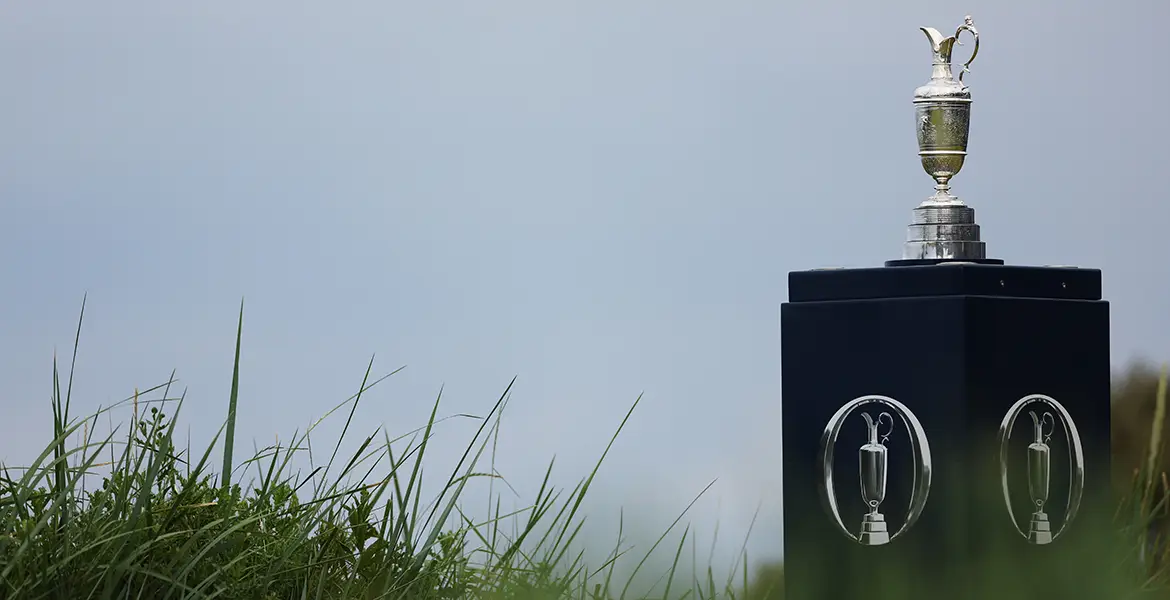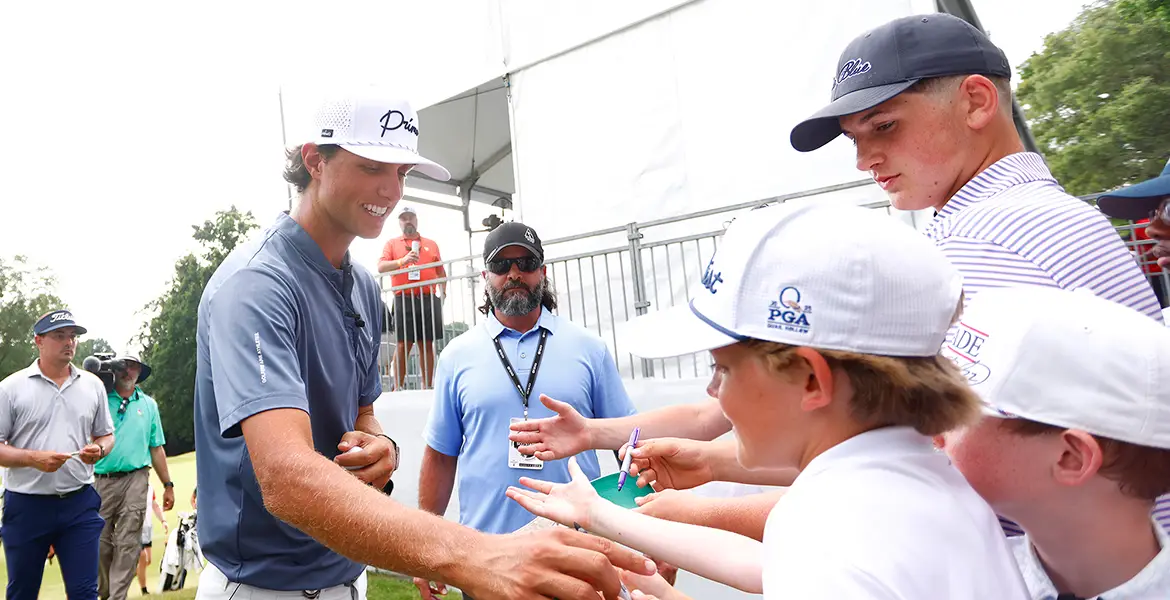Most golf fans know that the first American-born player to win the U.S. Open was Francis Ouimet, who defeated the lordly Harry Vardon and Ted Ray in a playoff in 1913.
As Philadelphian John Burnes will be quick to tell you, most golf fans are wrong.
“Johnny McDermott was the first American to win the Open, in 1911,” Burnes says. “He was the youngest ever to win it, at 19 years of age. He’s still the youngest—not Nicklaus, not Woods, not Ouimet, not McIlroy. And then he won it again the next year.”
Burnes, a Philly-based media executive and golf history buff, was doing a bit of research when he stumbled onto one of the great tragedies of American golf, the sad and troubled life of John J. McDermott.
The hardscrabble son of a West Philadelphia mailman, McDermott learned the game as a caddie at nearby Aronimink Golf Club, not far from where Burnes grew up. He was as brash and cocksure as America itself in the early years of the 20th century. For three consecutive years, McDermott finished atop the 72-hole leaderboard at the U.S. Open, a feat equaled only by Willie Anderson and Bobby Jones. In two of those years, 1910 and ’11, he was part of a three-way tie for first; he lost the playoff in 1910, but triumphed in 1911 despite hitting his drive on the first hole out of bounds not once but twice.
During a tour of the U.S. leading up to the famous 1913 U.S. Open, Vardon described the Philadelphian as “perhaps as great as any [golfer] in the world,” while Ray praised his unerring distance control. McDermott was not quite as gracious in return; after winning by eight strokes in an event at Shawneeon- the-Delaware, he stood on a chair and declared, “We hope our foreign visitors had a good time, but we don’t think they did, and we are sure they won’t win the National Open.”
McDermott was roundly criticized for his breach of etiquette and diplomacy, a public shaming that cannot have helped his fragile psyche. According to The New York Times on November 1, 1913, “John J. McDermott, Open golf champion of 1911–12 and present holder of the Western title, is suffering from a nervous breakdown. He became very ill last night and his parents had him removed to a private hospital in Philadelphia.”
Sadly, this was just a prelude. While he apparently recovered and returned to the links in 1914, an accident at sea in June left him badly shaken; one day at Atlantic City Country Club, he suddenly collapsed. He was placed in several institutions during 1915, and finally, unable to help him control his moods or his behavior, McDermott’s mother had him committed to the State Hospital for the Insane in Norristown, Pa., in 1916. He was 24 years old, and would live in mental institutions until his death at age 79 in 1971.
The diagnosis was schizophrenia with paranoiac tendencies; McDermott often believed others were out to get him. That group should not have included his fellow pros, who in August, 1916, started a fund on his behalf. Burnes discovered a letter which reads, “We understand that Mr. McDermott is permanently sick, and will never be able to again take up his vocation as a Golf Professional…we can raise quite a sum of money for his benefit.” This is the first known charitable effort by the PGA.
In 1941, McDermott was part of the first group inducted into the PGA Golf Hall of Fame, one of only 12 so honored. John Burnes believes McDermott deserves to be included in the World Golf Hall of Fame as well. He has prepared a 30-page presentation on McDermott’s credentials, and has written or spoken to nearly every major figure and prominent golf association that might have influence on the selection process.
“When you look at his victories, his nine wins in official events and three majors—the two U.S. Opens and the 1913 Western Open, which was like a major back then—I feel he belongs,” Burnes says.
McDermott was the first great American golf star. If his career had been cut short by a physical illness rather than a mental one, is there any question that he’d be in the World Golf Hall of Fame already?






